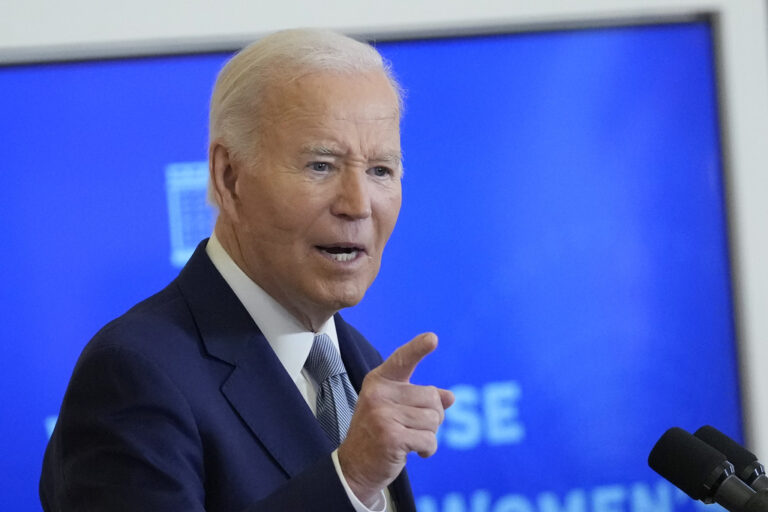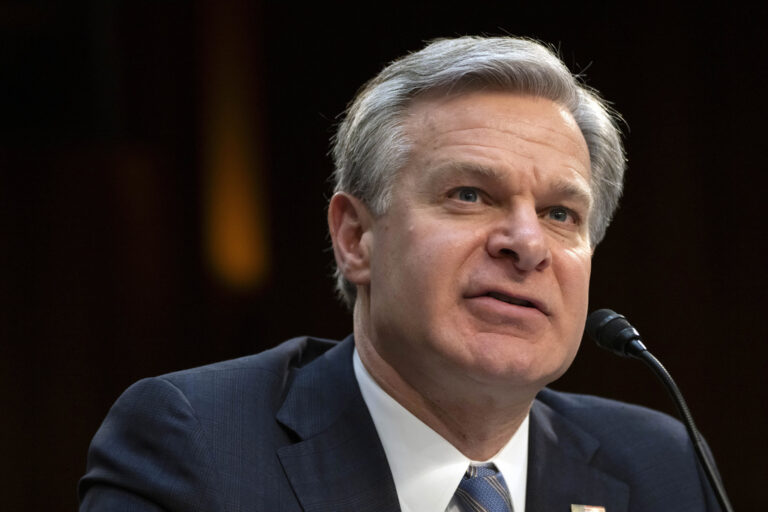 Federal investigators are looking into the financial records and other documents of the powerful union representing the city’s 9,000 jail guards, the union’s president and its law firm confirmed Wednesday to The Associated Press.
Federal investigators are looking into the financial records and other documents of the powerful union representing the city’s 9,000 jail guards, the union’s president and its law firm confirmed Wednesday to The Associated Press.
Manhattan U.S. Attorney Preet Bharara’s office appears to be focusing in part on claims in a union official’s lawsuit alleging the improper investment of union funds. Among the allegations in the lawsuit is that Correction Officers’ Benevolent Association President Norman Seabrook made a risky $5 million investment into an unnamed hedge fund last year without union board approval.
Seabrook has denied in sworn affidavits that there was anything improper about the investment and says he is coopering fully with the latest federal probe.
Bharara’s office declined to comment. Peter Donald, spokesman for the FBI’s New York office, also declined to comment.
The investigation comes as Bharara negotiates a class-action lawsuit against the city claiming systemwide brutality against inmates by jail guards at the Rikers Island jail complex.
Abuse, neglect and corruption at Rikers have been the subject of increased media attention for more than a year after the AP first reported on claims of widespread brutality in the lockups and the gruesome deaths of mentally ill inmates.
The latest probe, however, seems to target the financial goings-on of the union run by its charismatic president, Seabrook, who has controlled the organization for 20 years. Critics have long argued that Seabrook has permitted a culture of violence in the jails to fester. Seabrook, a fierce and unapologetic defender of his members, has recently said he supports reforming the 11,000-inmate jail system.
In a state lawsuit filed this year, union corresponding secretary William Valentin described Seabrook as a tyrant who unilaterally makes decisions and punishes those who dissent. Valentin raised questions about two investments, including a $5 million investment from a union annuity fund into an unnamed hedge fund in March, which Seabrook claimed returned $427,000 in four months.
Financial disclosure forms provided to Valentin in court filings put the return figure at $47,529, not $427,000.
Valentin also claimed a union treasurer confided to him in a members-only cigar lounge that Seabrook invested another $5 million in union funds into a “financially distressed company” that twice paid for Seabrook’s travel to Israel.
Valentin’s attorney, Richard Gilbert, said their belief is that the “financially distressed company” and the unnamed hedge fund are the same entity.
In a case such as this one, investigators are likely painstakingly following all the union’s money to see whether funds have been used to enrich the president or other officials, said former federal prosecutor Jennifer G. Rodgers, now the executive director of the Center for the Advancement of Public Integrity at Columbia Law School.
A spokesman for the law firm that represents the union, Koehler and Isaacs LLP, said in a statement that his office was also cooperating with federal prosecutors.
In sworn affidavits filed this March, Seabrook and the union’s treasurer denied anything improper about the hedge fund investment.
“As the court can readily observe, the investments in the fund were both prudent and conflict-free and the returns have been solid,” Seabrook said. “As a result, I have nothing to hide with respect to this investment and I could not care at all whether Valentin knew of it.”
Seabrook also claims one of his trips to Israel was paid for by the union because it supported his political activities as union president and another trip was personally paid for.
Contacted by the AP, Seabrook downplayed the federal probe and denied he had been personally subpoenaed.
“We will gladly provide all the requested documents they’re asking for,” he said of Bharara’s office, declining to comment further.
“I’m certainly not going to try this in the press,” he said.
(AP)











One Response
The financially distressed company was probably the New York Mets.